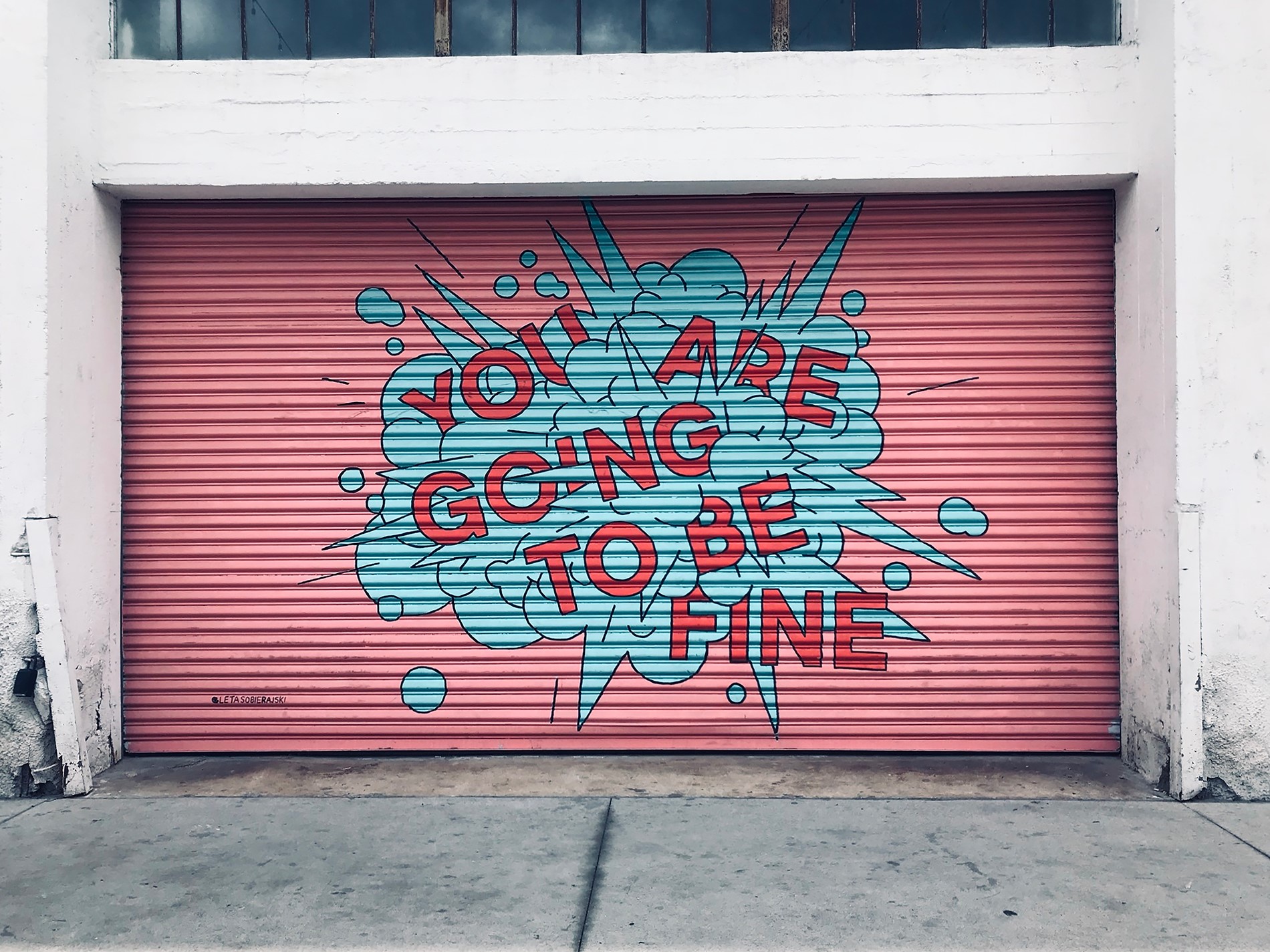A Visit to the Sex Clinic
Sex should always be great fun, and a big part of that is knowing that you are keeping your friends and yourself protected by playing safe. If you are sleeping with more than one partner it is a really great idea to book regular check-ups at Burnett Foundation Aotearoa, Family Planning or your local sexual health clinic.
The Public Health Surveillance 2012 Annual STI Report has shown an increase in chlamydia rates in New Zealand, and there are also reports of increased cases of gonorrhoea and syphilis among gay and bisexual men in Auckland. Sexual health checks are essential for anyone who’s sexually active, especially if you are showing symptoms of an STI. Not only that, but not all STIs show obvious symptoms - you may have contracted something and not have a clue. If this is the case, getting rid of the STI is essential because even with no symptoms showing, already having an STI exponentially increases your risk of contracting HIV.
Making the appointment
The first step is always the hardest! Making an appointment can be nerve-wracking, especially if you think something might be wrong - but with knowing comes with the obvious benefit of treatment.
So pick up that phone or book online.
Do I need to prepare for my appointment?
It is recommended you don’t pee for at least two hours before your test. The Auckland Sexual Health Service also suggests waiting for two weeks following condomless sex before booking an appointment, in order to allow for STI incubation periods. If you have any questions about your appointment you can always call and check with the clinic. Remember that the staff deal with a whole lot of very personal issues people have on a daily basis. They will not judge you, they will always be respectful, and they can give you some great advice.
The nervous wait
The shameful glances and averted gazes can be torturous – it can be easy to see the waiting room is as the most uncomfortable part of any visit to the clinic, but it doesn’t need to be. If you don’t feel comfortable striking up a conversation with someone near to you then find a good app to play with or bring along a book to distract yourself from the wait.
The consultation
Consultations are completely confidential: no information is passed on to your parents or caregivers, so if you’re not out to your family, there’s no risk they’re going to find out. When it comes to questions about your sexual activity and behaviour - be honest. No one is making any judgements, but a comprehensive understanding of your sexual history can help clinic staff ascertain what tests they conduct. They’ll always do their best to make you feel relaxed.
The tests:
Most consultations require a visual exam (if symptoms are present) and a urine test (for chlamydia). Depending on your circumstances, a blood test may be needed, and if you have oral or anal sex, swabs may be taken from these areas as well. Most places (including Burnett Foundation and Auckland Sexual Health) offer the option to self swab, which, let’s face it, makes things far less awkward. For more information on HIV and STIs click here.
What is a Rapid Test?:
Rapid Tests are a free service offered by Burnett Foundation to test you for HIV and syphilis with results in less than 20 minutes. The test requires just one prick in the finger and you get your results there and then, during your appointment. To book a Rapid Test, click here. We offer full STI checks as well as Rapid Testing services.
Your results:
These will be relayed to you via your chosen method of contact - so make sure you give the correct details! In some situations you may need to go back to the clinic to receive results or for treatment. This will be discussed with you at the time of your consultation. If you test positive, don’t panic! Most STIs are curable and all are treatable. Whether it’s time to book your nest test in (usually in six months) or to knuckle down and make some calls, remember that part of stopping the spread is open communication. If you need help writing a message to tell your partners, we can help.


